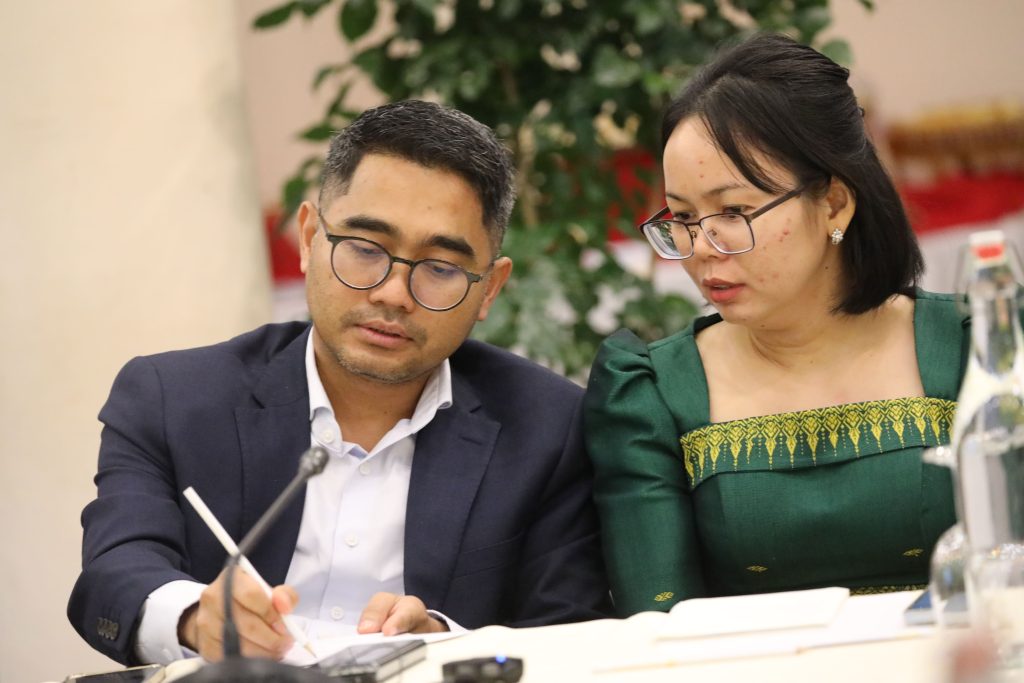
- Long-term initiative aims to establish a standardised methodology for providing access to essential breast cancer medication.
Paraguay’s Ministry of Health today announced the signing of a Memorandum of Understanding to launch a long-term joint initiative with Direct Relief and City Cancer Challenge Foundation (C/Can) to support breast cancer patients in the South American country.
Breast cancer is one of the most prevalent cancers in Paraguay and represents the leading cause of cancer death in women. Timely diagnosis and treatment ensure the quality of life and disease-free survival for patients as a result of the implementation of this program looks to strengthen the health system to ensure an accurate diagnosis to identify and treat the right patients.
The Breast Cancer Drug Access Preparedness Programme aims to comprehensively address the care of breast cancer patients, for which the stages of the programme will specifically address each of the components of care, from diagnosis to treatment.
“Direct Relief is deeply appreciative to C/Can for their leadership and initiative in providing equitable and quality access to these critical treatments,” said Damon Taugher, VP of global programs at Direct Relief. “Thanks to this collaboration, people who would otherwise be unable to access cancer therapies will be able to receive the treatments they need.”
The programme aims to establish a standardised methodology for achieving in-country readiness to support equitable and quality access to breast cancer diagnostics and medicines. It will also be reinforced with ongoing efforts to strengthen local infrastructure and the healthcare workforce in Paraguay’s leading cancer treatment institutions under the supervision of the Ministry of Health.
The Breast Cancer Drug Access Preparedness Programme will address four main areas:
Pre-analytical processes. Correctly managing samples and surgical specimens are essential for an accurate and timely diagnosis of breast cancer. The programme will see the implementation of international standards of best practices to ensure the correct fixation samples.
Diagnosis. This takes place at an Anatomic Pathology Laboratory. The aim is to improve internal processes, standardise the delivery of reports times, and guarantee the performance of immunohistochemistry techniques so as to start treatment more expeditiously.
Treatment. Drugs will be delivered to patients that meet specific inclusion criteria during treatment, according to the schemes presented in the ‘Clinical practice guidelines for the diagnosis and treatment of breast cancer’ of the MSPBS.
Drug delivery. Indicators will be developed to verify that drugs are provided to patients in the best time and in the correct way, in relation to the stage of breast cancer, according to the clinical practice guide recently approved in Paraguay.
Welcoming the initiative, C/Can Regional Director for Latin America Dr María Fernanda Navarro said: “By partnering with a global leader in access to medicines, we can ensure that the efforts that the city of Asuncion has led through the C/Can initiative have strengthened the critical path to ensure that access to medicine is a sustainable, structured and measurable process and not limited to the delivery of donated medicines.”





